9 foods that help with weight loss
Eat as much as you want, but still lose weight - that's what
many people dream of. Unfortunately, there are no foods that will actively make
you slim the more you eat. However, there are foods that help you lose weight
or are simply so low in calories that you can eat them without a guilty
conscience. Here you can find out what they are.
A few pounds less - the right diet can help
About 67 percent of men and 53 percent of women in United Stats are overweight - and accordingly millions of people would like to lose weight.
There can be various reasons for this, for example for the sake of health or
simply to feel better (again). The problem is that many of those affected rely
on the wrong strategy, such as radical diets, and thus do not achieve any
success, at least not in the long term. Instead, the yo-yo effect occurs.
Foods that facilitate weight loss
The basic principle of weight reduction
On paper, weight loss is a simple calculation: if you take in more calories than you expend, you gain weight. If you burn more calories than you take in, you lose weight. Your weight is therefore largely controlled by your diet.
But a closer look at the three pillars makes it clear that they mesh like the cogs of a clockwork: A change in diet and exercise habits only works with motivation. More sport increases the body's basal metabolic rate, which in turn makes a radical diet superfluous. But only if no more calories are consumed than consumed does sport lead to success, which in turn increases motivation.
It's an upward spiral, so to speak, if you approach the sustainable diet correctly. The right foods are an important part of this, but they cannot lead to weight loss on their own.
These foods make losing weight easier
Unfortunately, weight loss isn't as simple as choosing the right foods and eating as much of them as possible. But choosing your food carefully makes sense to maximize diet success and secure it in the long term. Your goal should therefore be to eat healthier permanently without having to give up too much - otherwise the risk of relapse is high.
What you need, therefore, are foods that are delicious, yet low in calories and provide you with all the essential nutrients so you don't slip into quantitative or qualitative malnutrition. Foods that fill you up and maybe even boost your metabolism so you burn more calories without having to exercise more.
Here is a list of foods that bring exactly such effects and can therefore support your weight loss:
1. water
Water is the elixir of life for humans and therefore the most important food of all. It should be the first thing you eat in the morning and the last thing in the evening.
It is best to choose still water, alternatively with carbonic acid or as a tea. This allows you to give your body a feeling of satiety and new energy, without any calories.
On the other hand, juices and soft drinks are a bad choice because they contain sugar or other unhealthy substances. Not only is this bad for your health, but it can also encourage weight gain. An exception can be special juice cures. But in normal everyday life it is important to drink enough water - preferably in small portions distributed throughout the day.
You are welcome to spice it up a bit with the following ingredients, because then the water not only tastes better, but it is even healthier:
Ginger: The root is rich in vitamins and antioxidants.
Therefore, it is considered a natural anti-aging and healing agent. It is also
used as a spice and gives the water a slightly pungent taste. Ginger, for
example, is said to help against nausea and strengthen the immune system. In
addition, it stimulates the metabolism.
Lemon: Lemon water is all the rage right now, and not
without reason. A dash of lemon in the drinking water provides valuable vitamin
C and thus strengthens the immune system. It is also said to reduce cellulite
and improve fat digestion.
Apple Cider Vinegar: The taste may take some getting used to, but apple cider vinegar in water is considered extremely healthy. It boosts metabolism, strengthens the immune system, regulates blood lipid levels and has a detoxifying effect.
Berries: Fresh or frozen berries in the water give it a
delicious taste and provide you with valuable vitamins. The so-called
"Infused Water" also helps with detoxification.
Herbs: Finally, fresh herbs can also be added to the water.
Mint and lemon balm are particularly suitable, for example in combination with
lemon or berries. The flavored water not only tastes better, but also absorbs
valuable nutrients from the herbs. Depending on the type chosen, this has
positive effects such as calming the nervous system or regulating digestion.
As you can see, drinking water does not have to be boring and you are welcome to combine these healthy additives as you wish. So when you get hungry, always drink a glass of water first, with or without natural additives. In many cases, the hunger will disappear or you will automatically eat less afterwards. Nevertheless, in a sustainable diet you should of course not eat too little, but eat the right things.
woman with water bottle
Lots of low-calorie drinks support the weight loss process
Read Also: TOP 10 FRUITS THAT HELP YOU LOSE WEIGHT
2. Nuts
One of those right foods are nuts, although they tend to be avoided on diets due to their high calorie content. In fact, you should only use them in moderation, but avoiding nuts altogether is not recommended.
Nuts help reduce inflammation in the body and are believed to be beneficial for heart health.
In addition, they lower the cholesterol level and provide healthy fatty acids, valuable nutrients and an optimal ratio of proteins and dietary fibers. Nuts keep you full for longer and prevent cravings. It's best to eat about a handful of unprocessed organic nuts per day.
nuts
Nuts should always be consumed in moderation
3. Vegetables
Vegetables in all their variations are indispensable for a balanced diet and for every diet.
Unlike fruit, vegetables contain very little sugar of their own. This means that it is low in calories and can also be consumed in large quantities.
It also offers a high nutrient density: You can absorb many valuable vitamins, minerals and trace elements from vegetables without having to worry about unhealthy ingredients such as sugar.
Of course, it is important that the vegetables are fresh and unprocessed and not contaminated by chemical agents. So pay attention to organic quality. Frozen vegetables can also be a good choice if they have been frozen straight after harvest and unprocessed.
So you can grab your fill of many types of vegetables and eat your fill without a guilty conscience. You should only be careful with sweet potatoes, swedes and beetroot, which are somewhat richer in sugar and calories. They are still considered healthy, so they should be on your menu in smaller quantities.
Extremely low in calories but rich in nutrients are, for example
cucumbers
spinach
chard
tomatoes
carrots
broccoli
mushrooms
Kale
rhubarb
asparagus
fennel as well
Any kind of green salad
Potatoes are also considered a healthy vegetable, but they contain a comparatively large amount of carbohydrates and should therefore be a side dish rather than a main food.
Low in calories but high in nutrients, this makes vegetables the perfect food if you want to lose weight. In principle, you can eat as much of it until you are full. But be careful with dressings made of oil, dips or similar additives, because these quickly turn vegetables into a calorie bomb.
You should also not eat too many vegetables raw, as this can cause bloating. A pure raw food diet can also lead to vitamin and nutrient deficiencies. Vegetables should therefore be an important part of your diet, both raw and boiled, roasted, grilled, steamed or steamed - but it's all about the right balance.
vegetables
Vegetables, in their diversity, should not be missing from
any diet
4. Pseudocereals
In addition to vegetables, many people rely on grains in their daily diet as “fillers”. It's not a must, but it's not forbidden either.
So you don't have to follow low-carb diets or similar trends to lose weight sustainably. Instead, pseudo grains are an optimal choice.
Behind this term are grains, which are used in a similar way
to cereals, but belong to different plant species. The best known examples are
quinoa, amaranth and buckwheat. They are considered to be rich in protein and
important minerals. They are also gluten-free, which distinguishes them from
many grains. It is precisely this mixture of proteins, fiber, healthy fatty
acids, valuable micronutrients and healthy knockout
carbohydrates that make pseudocereals so popular.
They can be processed in a variety of ways and taste good, for example, puffed in muesli, cooked as an alternative to rice or as meatless patties, to name just a few of the many possibilities.
Due to their high protein content, they provide a quick and lasting feeling of satiety, so you have to eat less than with conventional cereals to get full, while giving your body significantly more nutrients. Pseudo-cereals should therefore be on your menu as an alternative, as an alternation or as a combination to conventional cereals.
Pseudograins such as quinoa, amaranth and buckwheat are rich
in protein and important minerals
5. Legumes
Legumes in all their variations are also considered to be very healthy and ideal for a sustainable diet. These include, for example, peas, lentils or beans and all products made from them, from hummus to pasta.
Similar to pseudocereals, it is the high protein content that makes legumes ideal for weight loss, because they are filling and at the same time stimulate digestion.
They also contain a lot of iron and lower the cholesterol level. Other valuable nutrients are vitamins B1, B6, folic acid and potassium.
However, legumes can cause digestive problems if you add them to your diet suddenly or in large quantities, and they're not exactly low in calories. Therefore, slowly approach the beans, lentils and peas, then they will become a valuable companion in your weight loss - and beyond.
snow peas
You can now also enjoy legumes such as peas and lentils in
pasta form
6. seeds
The so-called Aztec diet was in vogue for some time and is based on the basic principle: losing weight with the help of seeds.
While a one-sided diet is never recommended, one thing you can learn from this approach is incorporating seeds into your diet.
Because chia, flax, sesame and hemp seeds, but also pumpkin and sunflower seeds are considered extremely healthy and helpful for weight loss. On the one hand, this is due to the fact that they only swell up completely in the stomach and thus ensure a long-lasting feeling of satiety even with small amounts. On the other hand, they have a high nutrient density. Above all, they provide large amounts of omega-3 fatty acids, calcium, iron, magnesium and selenium - to name just a few nutrients. They are also rich in protein and fiber.
So they fill you up for a long time, lower cholesterol and blood pressure, support the hormone balance, have an anti-inflammatory effect, stimulate digestion and act as a protective mucous layer for the intestines.
Seeds help you to eat fewer calories, but at the same time provide your body with important nutrients. You can and should therefore include them in your daily diet as pudding, in soup, in a salad, in a vegetable bowl, in muesli, in yoghurt or in many other ways.
By the way: You can process many seeds, legumes and pseudocereals as well as some types of grain into sprouts and seedlings. This makes them more tolerable and even healthier, but requires a bit of know-how and time.
linseed
Seeds swell up in the intestine and ensure a longer feeling
of satiety
7. Fruit
Lots of fresh fruit and vegetables - you have certainly heard this basic rule many times and used it as a guide for weight loss.
However, the fruit issue is a double-edged sword, because many types of fruit have a high fructose content.
This not only means a comparatively high number of calories, but also a burden on your health.
Although it is a natural sugar, it has the same negative effects on your body and weight as processed sugar. Therefore, it should only be consumed in small amounts. Eating as much fresh fruit as possible is therefore not a good strategy for weight loss or a healthy diet in general. Nevertheless, fruit undoubtedly belongs on the menu. So eat fresh fruit regularly, but rather in small amounts and choose the types consciously.
For example, they are low in sugar
apples
pears
oranges
watermelons
grapefruits
The following applies: the riper the fruit is and the sweeter it tastes, the more fructose it contains. Very sweet varieties or overripe fruit should therefore be avoided. A good alternative are berries in all their variations, because they are low in calories and packed with valuable nutrients.
Strawberries, for example, contain a lot of folate, currants
have more vitamin C than lemons, blackberries are rich in vitamin A and
blueberries contain more vitamin E. The nutrient density of berries is
therefore extremely high, paired with little Fr
Sugar and carbohydrates - so you can access with a clear conscience.
Grapefruit on the tree
When it comes to fruit, choose varieties that generally
contain less sugar
8. Coffee
Good news if you love coffee: you don't have to do without it despite your diet.
In fact, it can even help with weight loss. Not only does it boost your digestion and metabolism, it also stimulates brown body fat cells.
This means that you will burn extra calories and not actively lose weight, but at least you will gain weight less quickly. Up to four normal-sized cups of around 200 milliliters per day are considered safe, provided you are not consuming caffeine elsewhere. You should also avoid sugar in your coffee.
Cup of coffee
Coffee without sugar is not only allowed on a diet, it is
even beneficial
9. Tea
However, if you are less the coffee type and prefer tea, you can also fully enjoy this pleasure. Tasty tea can help you if you're struggling to drink enough water. However, you should definitely avoid sugar, milk, honey or even syrup here, so as not to turn the actually very healthy food into an unhealthy calorie bomb.
Spread throughout the day, fruit and herbal teas are particularly suitable for adding some variety to your drinks. These usually contain no caffeine and can therefore be enjoyed without restrictions.
Green teas such as Sencha or Matcha in particular are said to have properties that help with weight loss. In addition to numerous vitamins and metabolism-boosting caffeine, they contain the secondary plant substance catechins. This can have a positive effect on blood sugar levels, but can also help with high blood pressure, among other things. Other caffeinated varieties such as white, black, yellow and jasmine tea also contain this substance.
In order to preserve the valuable ingredients as well as a
good taste and, above all, a safe, well-tolerated food, you should always pay
attention to the correct preparation of tea.
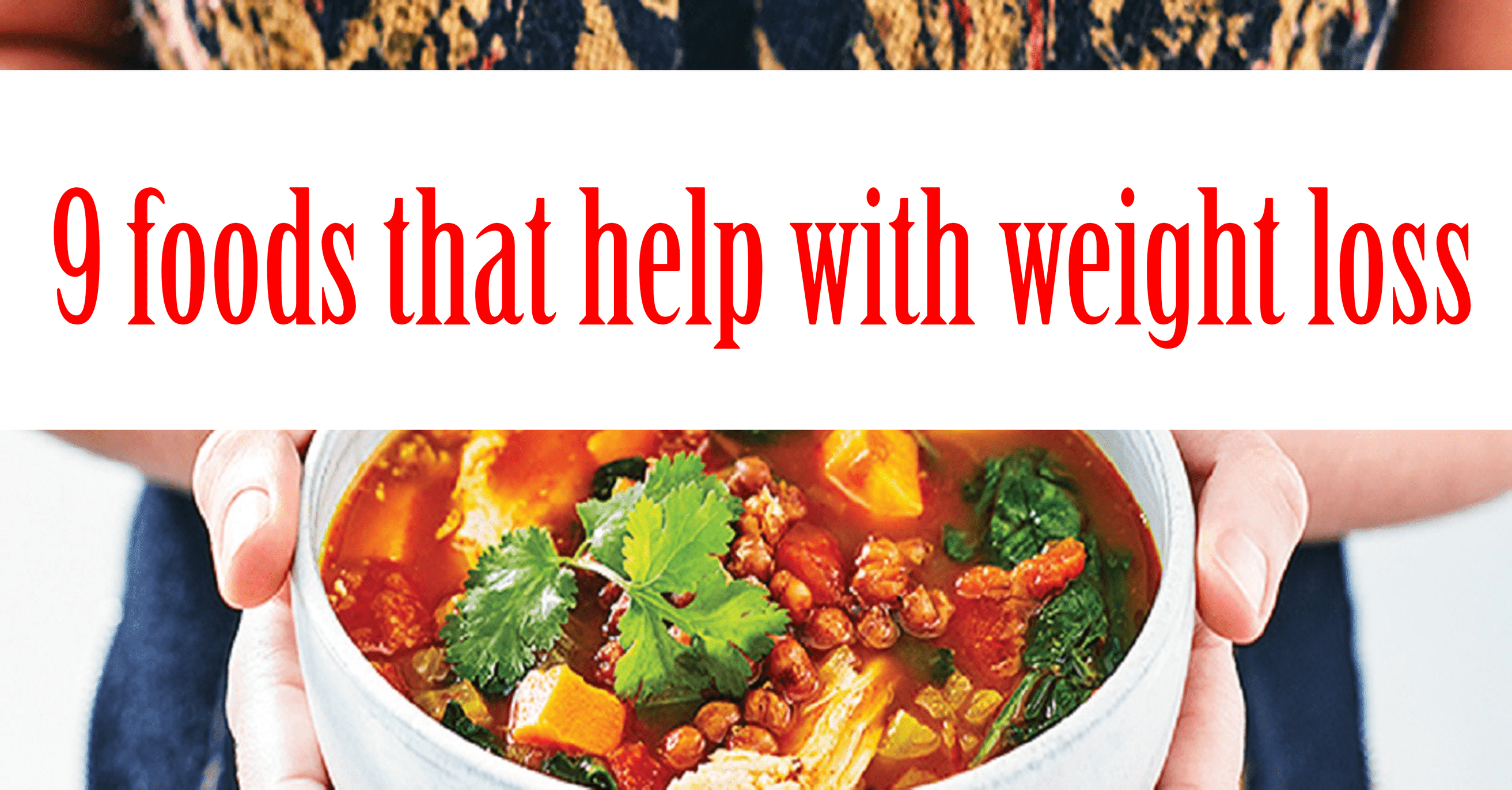


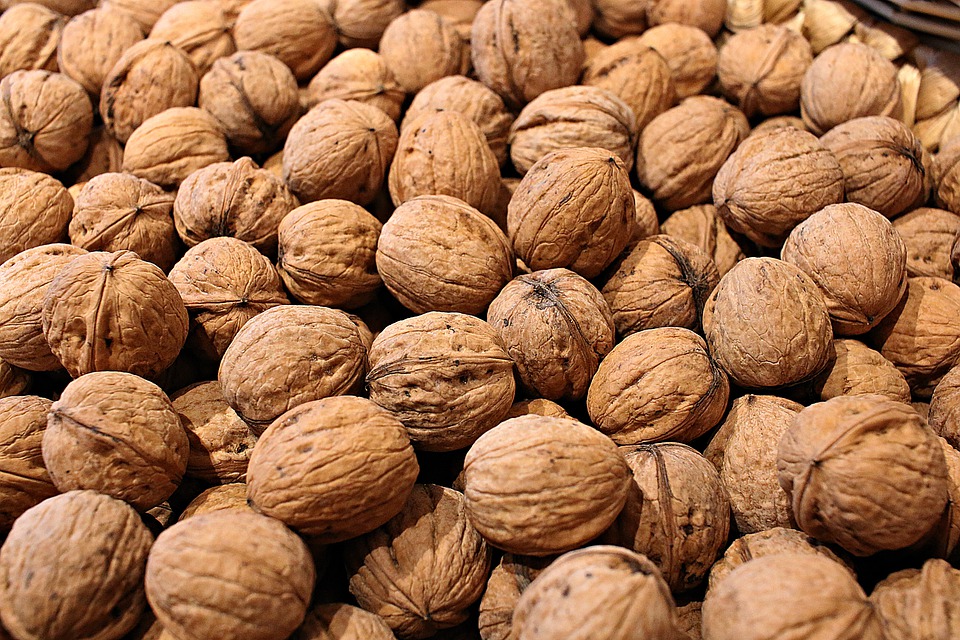
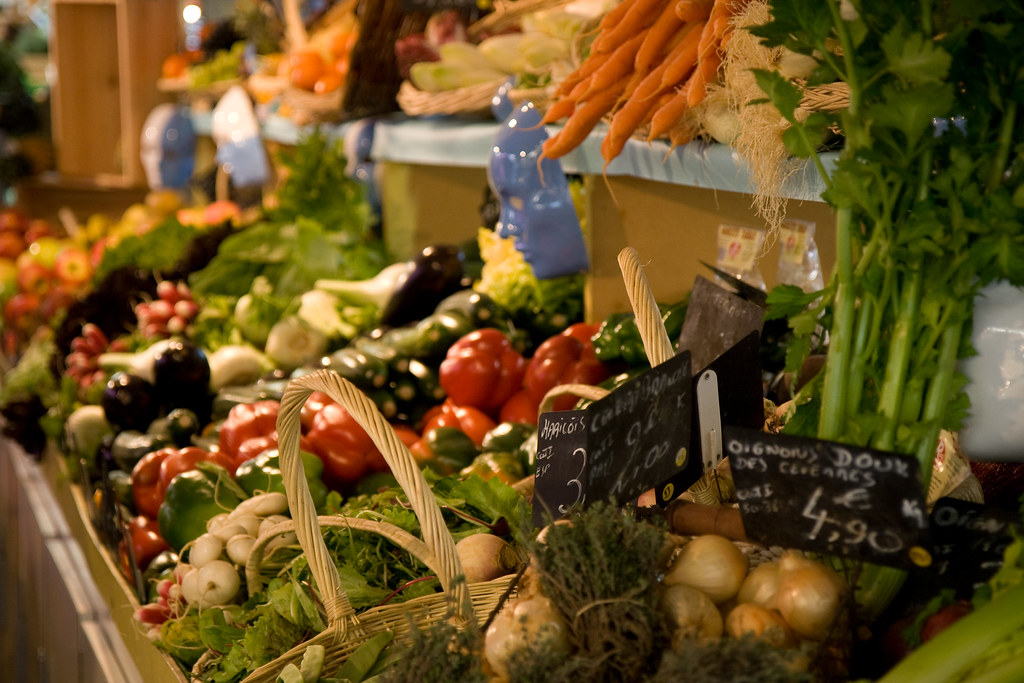
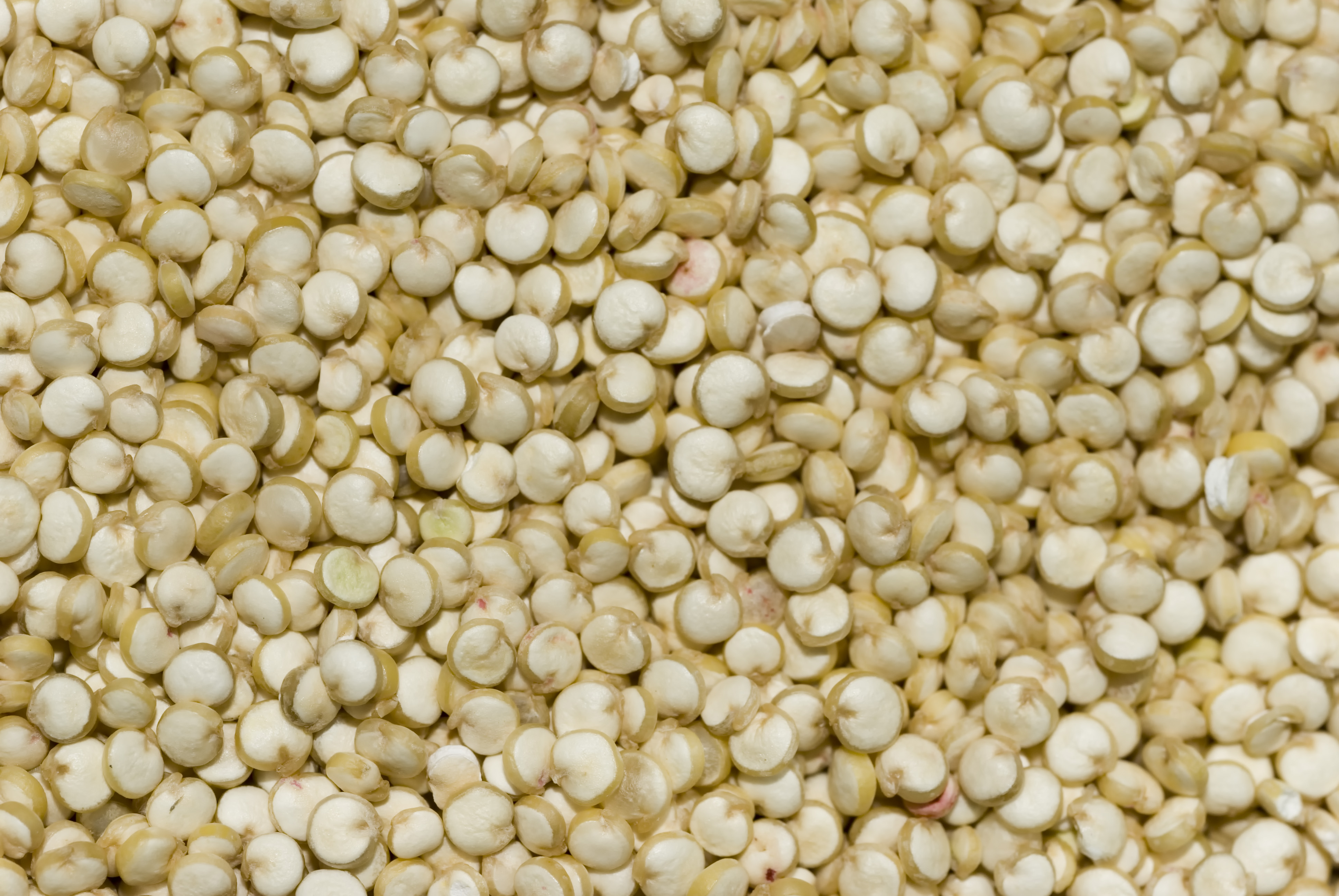


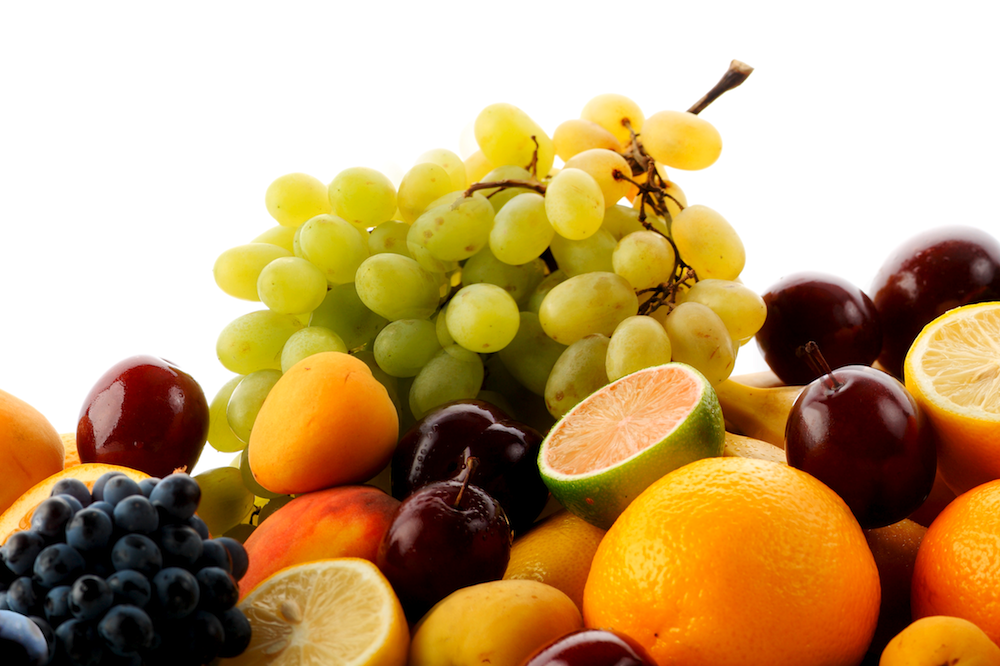
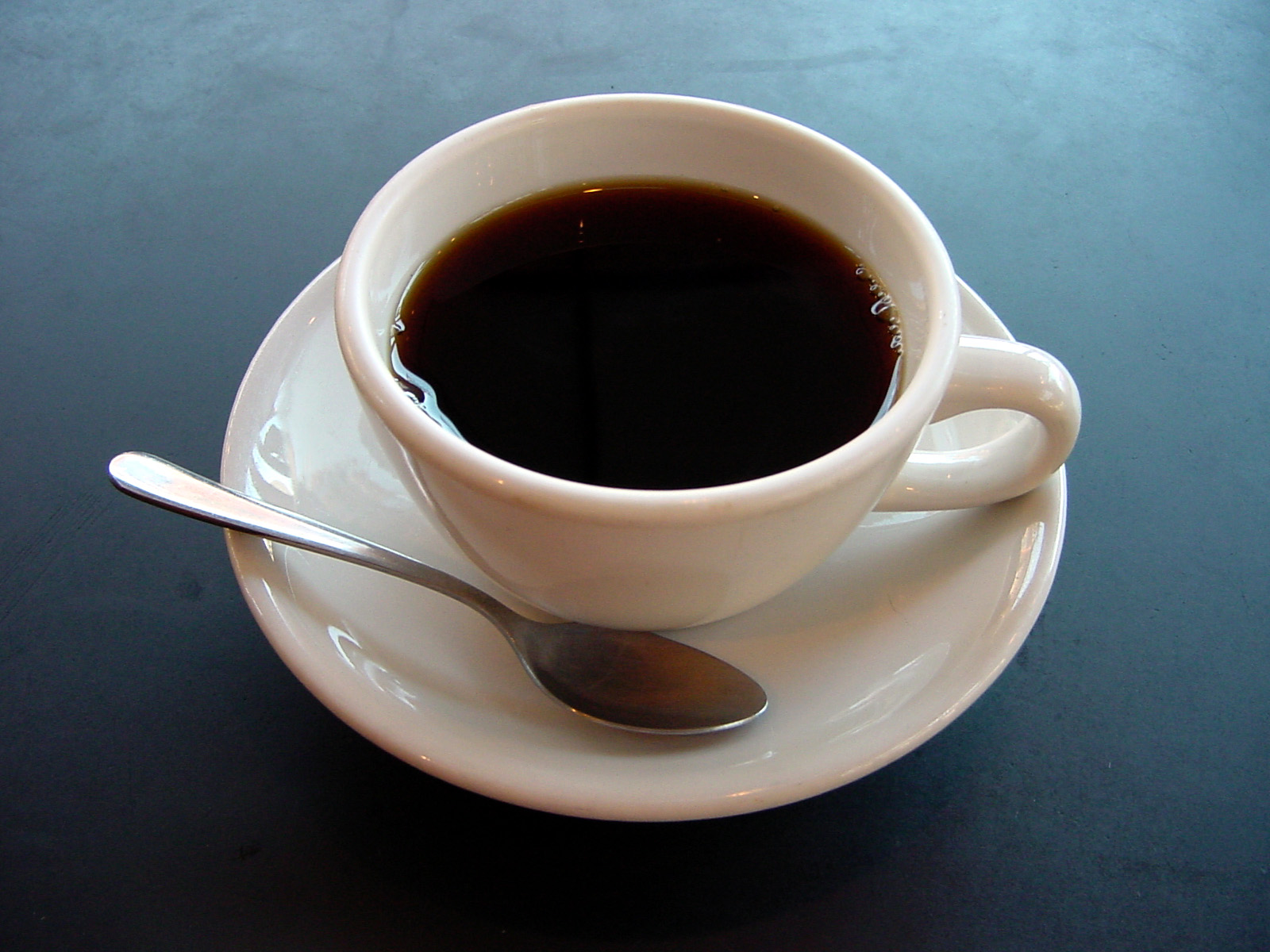
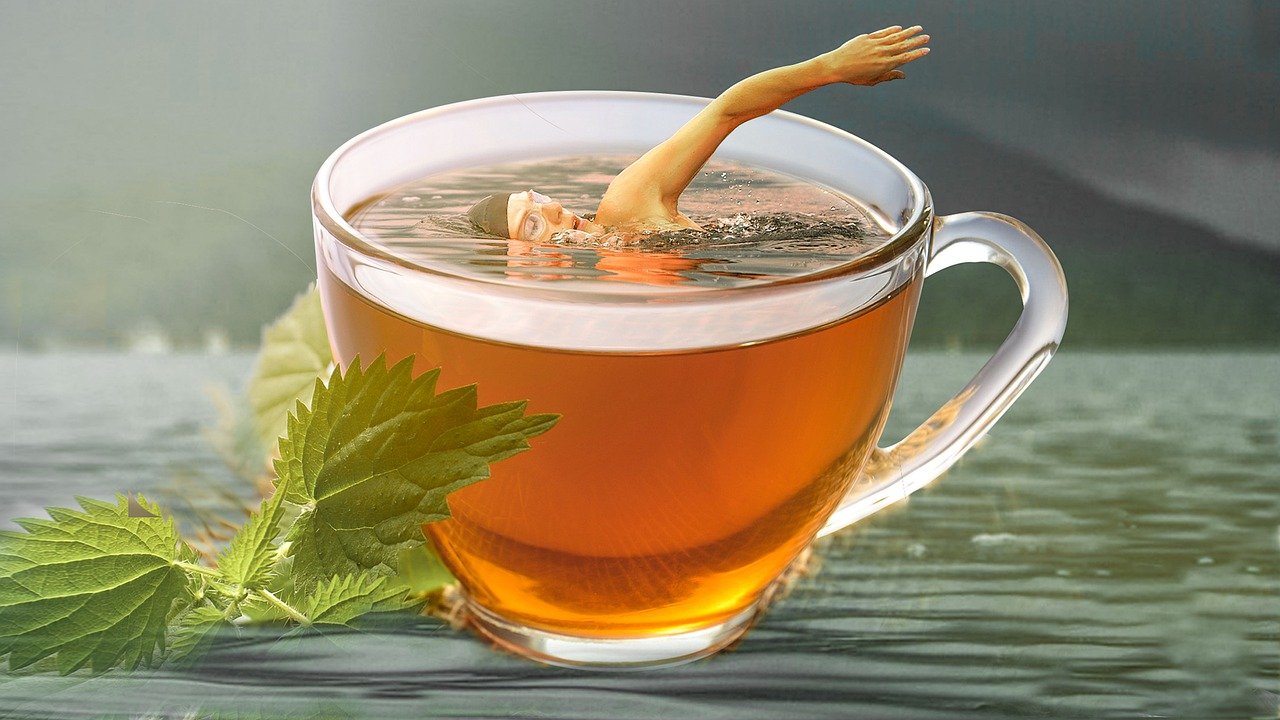
Post a Comment